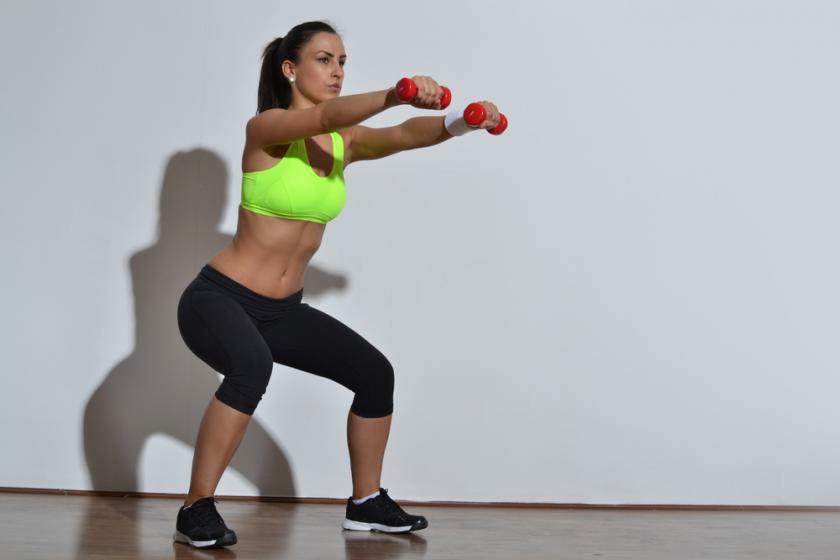Whether you’re trying to lose weight, want to look sleeker in shorts, or improve your athletic performance, lunges should be part of your training program.
Shape your legs, tone your butt and build functional strength, with the Reverse Lunge. Lunges are an exceptional exercise for conditioning your lower body. They stress the muscles from a perfect angle to develop incredible shape and symmetry in your legs, thighs and butt.
Because they require balance, lunges also build functional and neuromuscular capacity – helping your body goes through its daily motions and letting you pick up your children with ease.
In my opinion, the Ultimate Lunge is the Reverse Lunge. There are many types of lunges, and many ways to perform them all, but since we only have time to cover one – my choice is the reverse lunge. Here’s why:
- It creates muscular balance by initiating the movement backward as opposed to most other exercise movement patterns that take you forward and bias your musculature toward forward motion.
Shape your legs, tone your butt and build functional strength, with the Reverse Lunge. In my opinion, the Ultimate Lunge is the Reverse Lunge. There are many types of lunges, and many ways to perform them all, but since we only have time to cover one – my choice is the reverse lunge. Try doing reverse lunges 3 times a week on non-consecutive days.
IMPORTANT – To go back to the start position, start dropping your arms and lift from the heel of your front leg. DO NOT PUSH OFF YOUR BACK LEG. This simple advice will dramatically improve the effectiveness of your reverse lunge, give you a far tighter, leaner butt and get you much better results in half the time.
Try doing reverse lunges 3 times a week on non-consecutive days. Work up to 2 sets of 10 repetitions on each leg. After a month, I think you’ll be amazed at the impact the reverse lunge will have on your physique.
How To Do A Reverse Lunge Correctly.
- It’s safer and softer on your knees because your back foot absorbs the ballistic shock of the lunge step. If you land heel to toe.), (Contrasted to the front lunge where impact shock can transfer to the knee even.
- Step back with one leg far enough to allow your knees to bend at 90 degree angles. You can simultaneously bring your arms up to act as a slight counter balance. Hold light weights in your hands if you want a greater challenge.
- You’re in the correct position at the bottom of your lunge when your front knee is directly over the ankle.
- Start facing forward, with your feet shoulder width apart, and your arms at your side.
- Because you have more balance and support, it’s easy to perform and learn. Plus, you have less momentum to contend with during the exercise which provides more effective stress to the yields and muscles better results.







